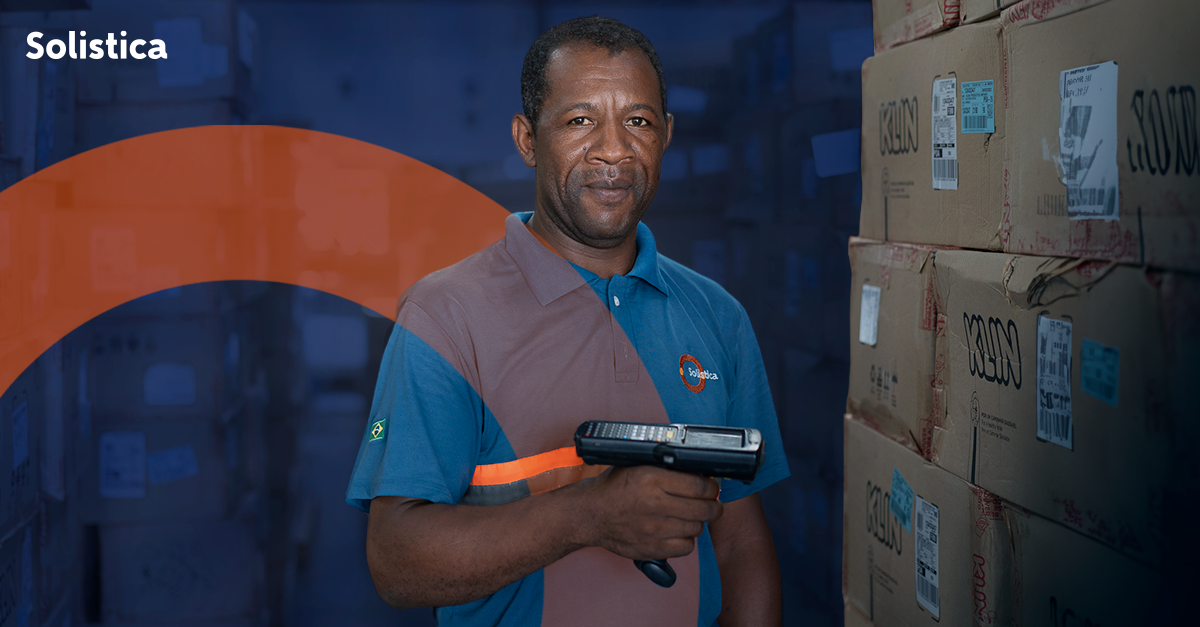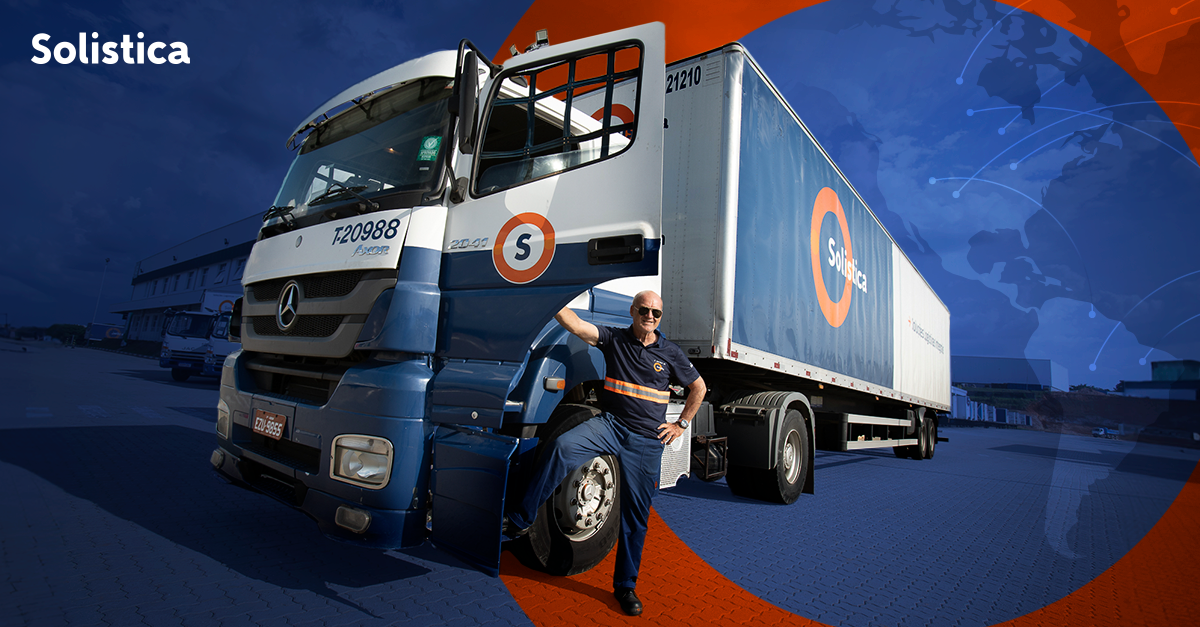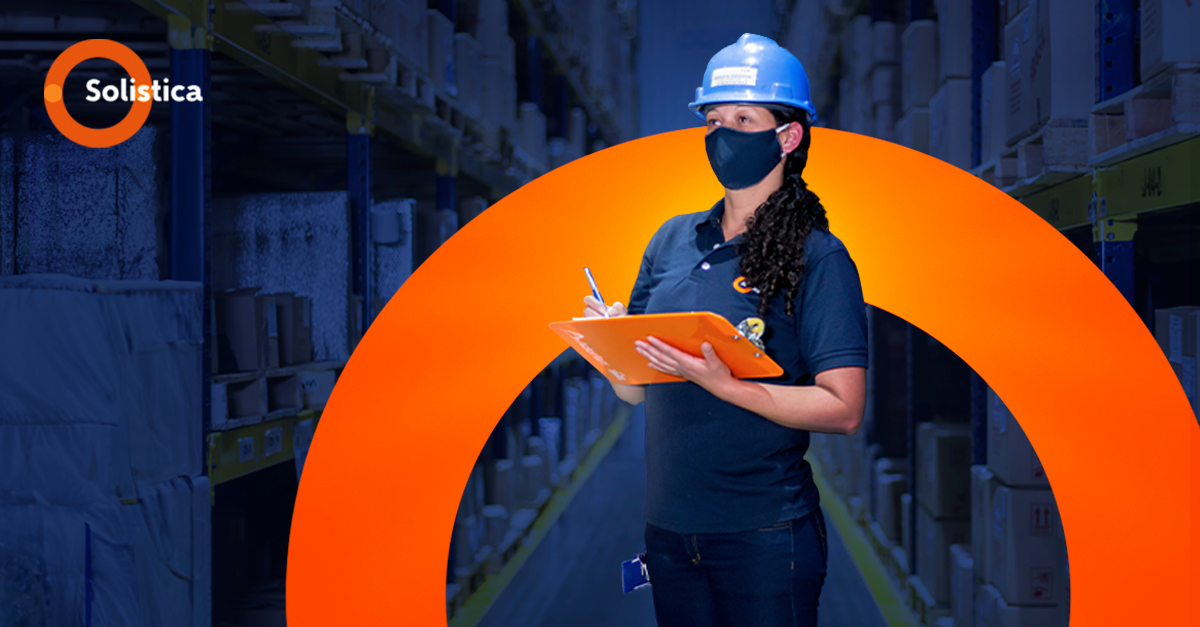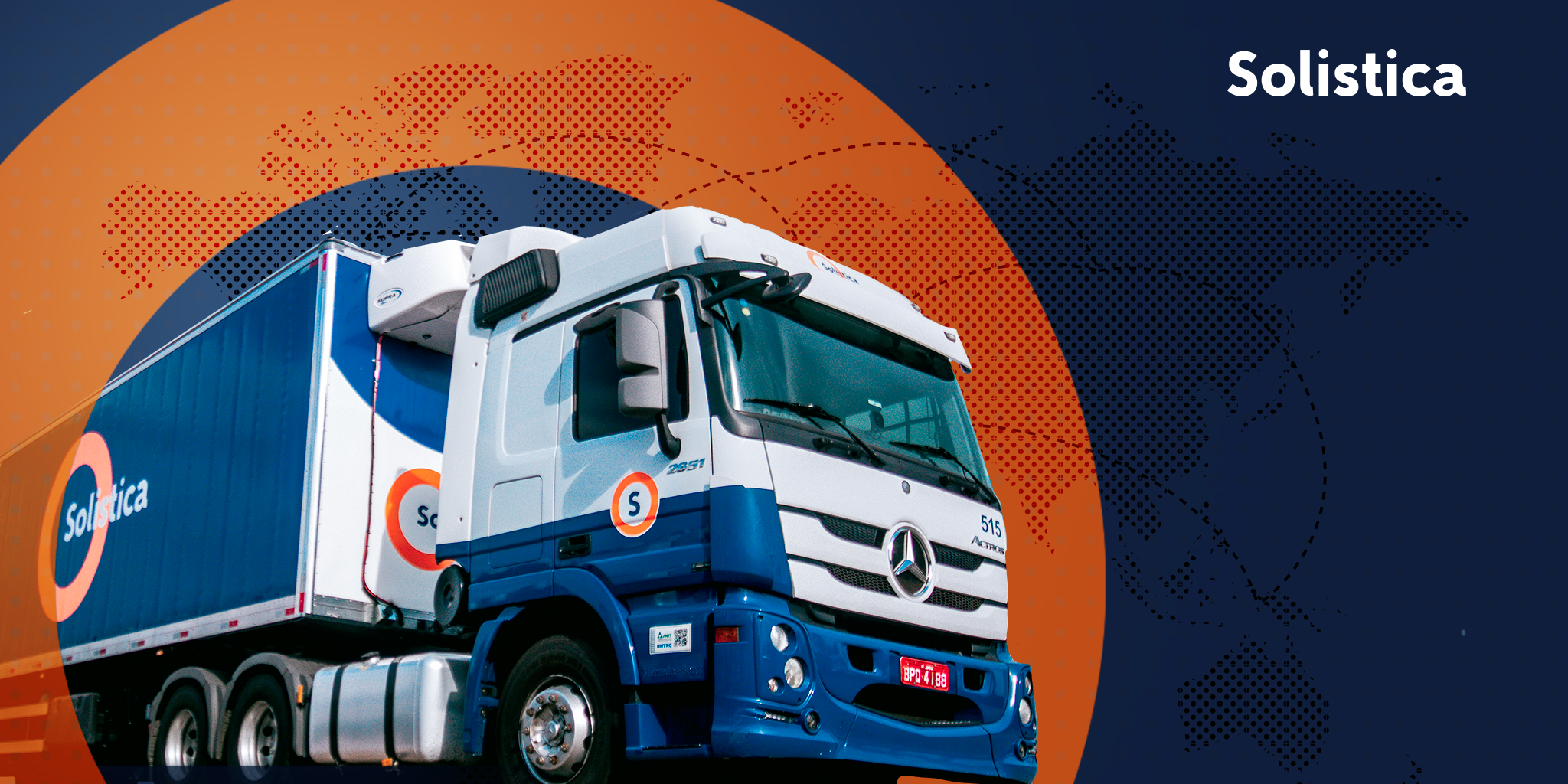Charting the Course for Smart Inventory Management: Avoiding Shortages and Optimizing Supply Chains
An intelligent inventory management is crucial to avoid hoarding and shortage. Some actions, such as monitoring and optimizing inventory levels and having solid contingency plans, will enable companies to cope with crisis situations and ensure a continuous and efficient flow of products and services, resulting in the optimization of the supply chain.








.png)
